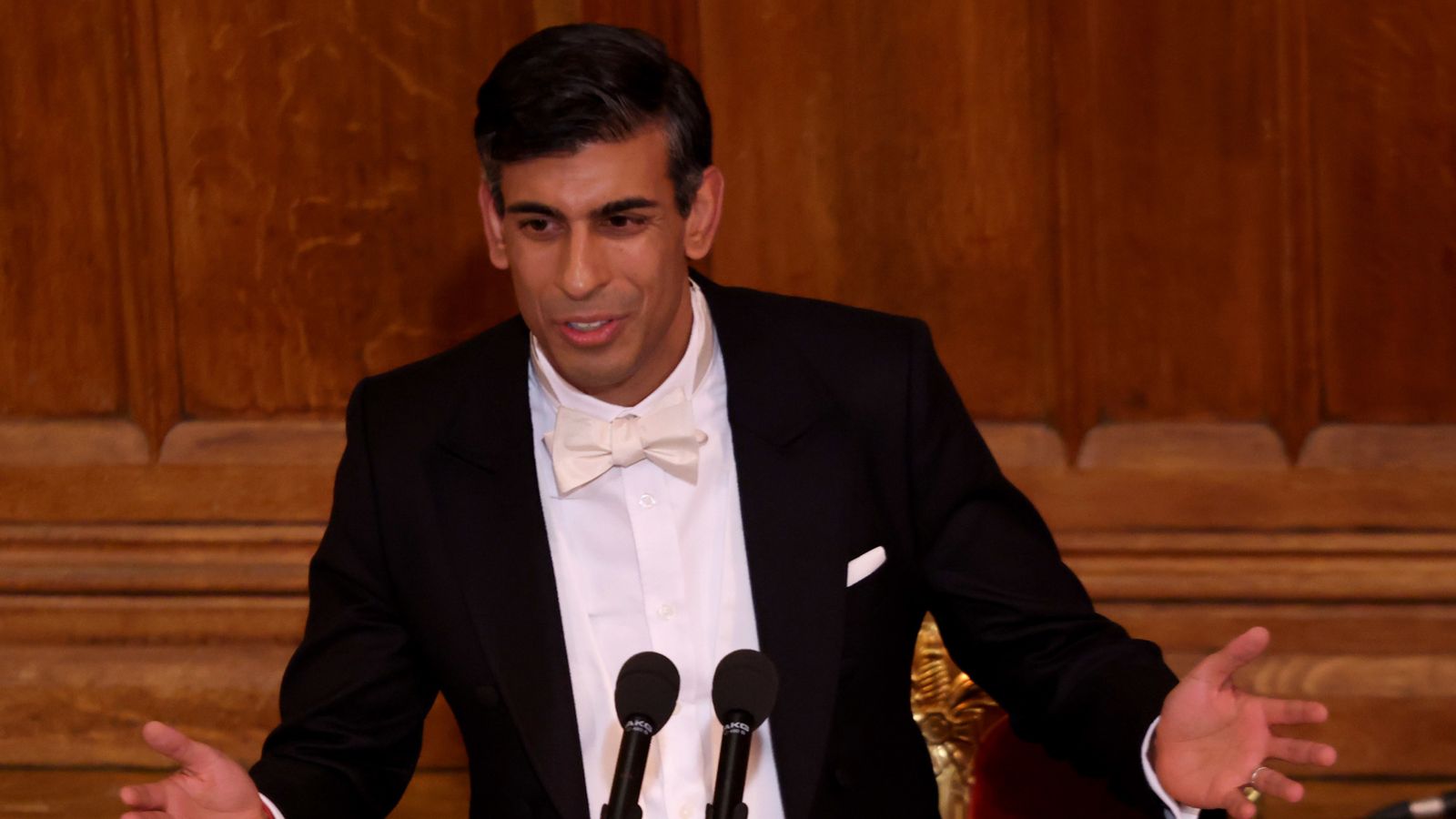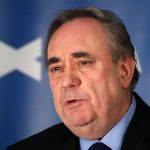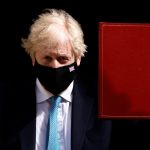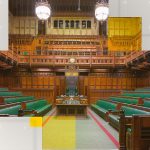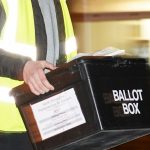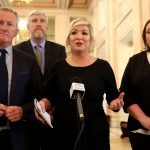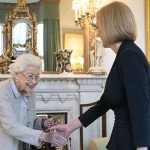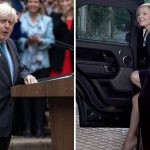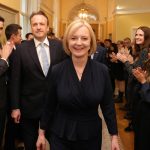Rishi Sunak has said the “golden era” between the UK and China is over as he called for a new approach to the Chinese government.
The prime minister, speaking at the Lord Mayor’s Banquet at London’s Guildhall, criticised China’s human rights abuses but said the UK “cannot simply ignore China’s significance in world affairs”.
Mr Sunak was criticised during this summer’s leadership campaign for being soft on China but he used his speech on Monday to show he will not stand for its actions, saying things are not black and white when it comes to China.
‘Utterly extraordinary scenes’ as protesters shout ‘down with China’ – live protest updates
“We also need to evolve our approach to China,” he said, as he laid out his stance on foreign policy.
“Let’s be clear, the so-called ‘golden era’ is over, along with the naïve idea that trade would lead to social and political reform.
“But nor should we rely on simplistic Cold War rhetoric.
China protests: Tensions in Shanghai remain ‘very, very high’ as mass groups disperse
China: More than 30 years after Tiananmen Square, students are again on frontline of protest
I lived through China’s COVID lockdowns for the best part of three years – it’s a miserable existence
“We recognise China poses a systemic challenge to our values and interests, a challenge that grows more acute as it moves towards even greater authoritarianism.”
In 2015, then chancellor George Osborne echoed the Chinese ambassador’s claims that China and the UK were in a “golden era” of bilateral relations, but by 2020 relations had somewhat soured under Boris Johnson’s government.
Mr Sunak acknowledged the current protests against COVID lockdowns in China – a rare sight in a country where demonstrations are not a common sight, and have not been since the 1989 Tiananmen Square massacre.
He said, instead of listening to people’s concerns, the Chinese government “has chosen to crack down further” as he mentioned the arrest and beating of a BBC journalist this weekend.
Mr Sunak was set to meet Chinese President Xi Jinping in Indonesia during the G20 summit earlier this month but the meeting was cancelled after NATO members had to hold an emergency meeting after a Polish village near the Ukrainian border was bombed.
Please use Chrome browser for a more accessible video player
The PM hit out at China’s lack of freedom of expression as he said both the media and British MPs must be able to report on human rights abuses, such as those in Xinjiang and Hong Kong “without sanction”.
But, he said there is no way the UK can “simply ignore China’s significance in world affairs – to global stability or issues like climate change”.
He added that the US, Canada, Australia, Japan “and many others understand this too” as he said together they can “manage this sharpening competition, including with diplomacy and engagement”.
“Much of this is about dramatically improving our resilience, particularly our economic security,” he said.
The PM listed actions the UK government has taken to stop China from limiting China’s influence in the UK, including new powers under the National Security and Investment Act.
He also mentioned the government blocking the £63m sale of semiconductor manufacturer Newport Wafer Fab to Chinese-owned Nexperia two weeks ago and the removal of Huawei’s 5G network from the UK.
Mr Sunak also spoke of the UK being a country “that stands up for our values, that defends democracy by actions not just words” but as the world evolves “so does our application of those values”.
He said the UK’s “adversaries and competitors plan for the long-term” as he mentioned Russia and China and said the UK will “make an evolutionary leap in our approach”.
The PM said the UK will increase the “quality and depth” of partnerships with like-minded countries around the world and said more details will come next year, including how the UK will work with “friends in the Commonwealth, the US, the Gulf states, Israel and others”.
And just hours after meeting Ukraine’s First Lady Olena Zelenska in Downing Street, he said there should be no doubt the UK “will stand with Ukraine for as long as it takes”.
Mr Sunak concluded his speech by saying: “Under my leadership we won’t choose the status quo. We will do things differently.
“We will evolve, anchored always by our enduring belief in freedom, openness and the rule of law and confident that in this moment of challenge and competition our interests will be protected and our values will prevail.”
